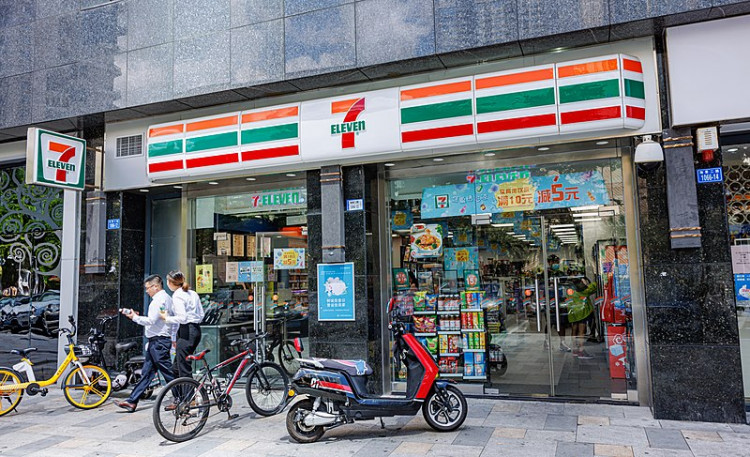Seven & i Holdings, the Japanese parent company of 7-Eleven, has rejected a $38.6 billion takeover offer from Canadian convenience store giant Alimentation Couche-Tard, citing the proposal as grossly undervaluing the company and laden with regulatory risks. The bid, which valued Seven & i at $14.86 per share, came at a time when the Japanese yen is significantly weaker against the U.S. dollar, making the acquisition more attractive to foreign buyers. However, the management of Seven & i views the offer as falling short of the company's intrinsic value and future potential.
In a statement filed with the Tokyo Stock Exchange, Stephen Dacus, chairman of a special committee at Seven & i, criticized the proposal as "opportunistically timed" and not reflective of the company's standalone growth strategy. "The offer grossly undervalues our standalone path and the additional actionable avenues we see to realize and unlock shareholder value in the near- to medium-term," Dacus wrote.
He emphasized that even if Couche-Tard significantly raised its bid, it would still face multiple challenges, particularly from U.S. antitrust regulators.
Couche-Tard, based in Quebec, operates about 17,000 convenience stores worldwide under the Circle K and Couche-Tard brands. A successful acquisition of Seven & i would have created a global retail giant with over 100,000 locations. Despite the potential scale of the combined entity, Dacus pointed out that the proposal did not adequately address how Couche-Tard would navigate the substantial regulatory scrutiny such a deal would attract, particularly in the U.S. where both companies have a significant presence.
The rejection comes amidst broader concerns about the pace and direction of Seven & i's strategic initiatives. Some shareholders, including U.S. fund Artisan Partners, which holds a stake of just over 1% in the company, have urged Seven & i to consider the offer more seriously. Ben Herrick, associate portfolio manager at Artisan Partners, expressed disappointment with the board's decision, arguing that the bid underscores the management's failure to fully capitalize on the company's assets, particularly its international operations.
Herrick highlighted what he described as a "huge opportunity" in the company's international licensees operating outside the U.S., suggesting that Seven & i has been slow to reform and innovate. "We really need the company to enact its plan at a faster pace," Herrick told CNBC.
He criticized the management for insufficient oversight and a lack of urgency in executing its growth strategies, particularly in reforming its underperforming general merchandise store, Ito-Yokado.
On the other hand, not all stakeholders agree with the call for radical change. Richard Kaye, portfolio manager at Comgest, a global asset management group, defended Seven & i's current trajectory, praising the company's achievements in logistics and product innovation. Kaye argued that the existing management is already doing a "phenomenal job" and suggested that a foreign takeover might not bring the anticipated benefits.





